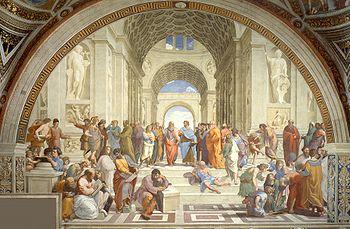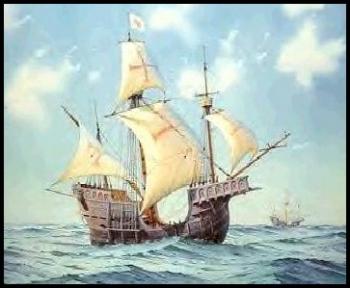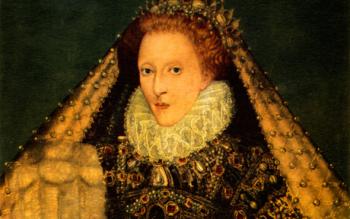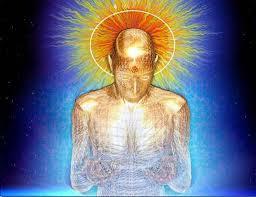The Early Modern period is generally understood as the time from 1450 - 1750 after the late Middle Ages. This period ushered in the modern era of secularism, rationality and individualism. The art and ideas in Europe during the Early Modern age coincided with the rediscovery of Roman and Greek culture².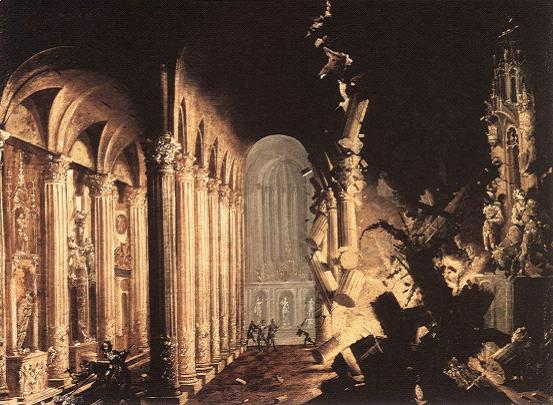
In 1500, at the cusp of transition between the Middle Ages and Early Modern period, Europe was united under the Church and led by the Pope. By the end of 17th century, much of this way of life had vanished. England had separated itself from Roman religious authority and in addition to the Church of England, Protestantism had created a variety of sects¹.
The Early Modern age contained some critical times in World and Western History. The Renaissance lasted from the 14th to 17th centuries. The Age of Discovery lasted from the 15th to 17th centuries. The Elizabethan era lasted from 1558 - 1603 and the Enlightenment emerged during the 17th and 18th centuries¹.
The Early Modern age changed the Europe’s relationship with learning. Some of the West’s most famous intellectuals emerged during the Early Modern age. Italian physicist Galileo Galilei worked on gravitational force and determined that the laws of nature were mathematical. Nicolaus Copernicus formulated the heliocentric model of the universe which named the Sun, rather than the Earth as the center of the Universe. William Harvey was an English physician who established that body was energized by circulation of blood to and from the heart².
Many of the writers and scholars responsible for this rebirth of a more secular culture are known as humanists - those who studied the humanities. This ethical perspective emphasizes the value and agency that humans have.² This was a new perspective in religion, culture and academia. This was also evident in the art that flourished in Europe that focused on an idealized human form as well.
1. The Longman Anthology of British Literature Retrieved from http://wps.ablongman.com/long_damrosch_britlit_2/3/780/199716.cw/index.html
2. The Renaissance: Was it a Thing? - Crash Course World History #22. Retrieved from https://www.youtube.com/watch?v=Vufba_ZcoR0

